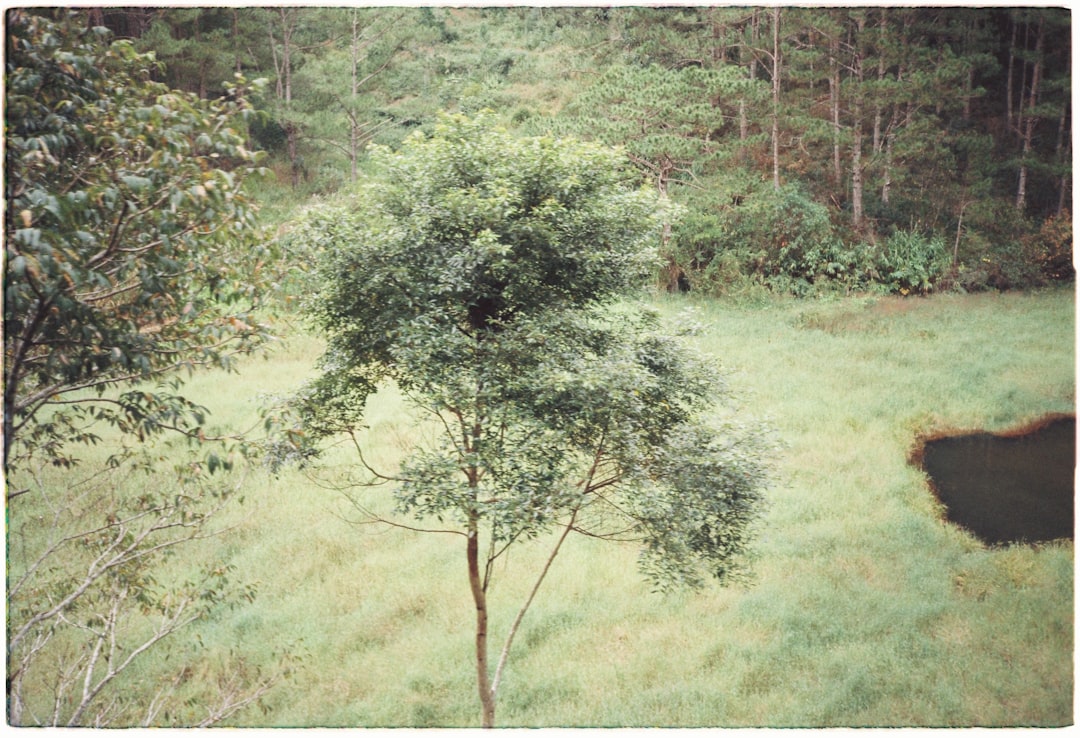The Illusion of Effortless Garden Beauty

In the realm of garden design, a new gardening trend has emerged, promising a beautiful mix of plants with seemingly no work. It presents an alluring vision: a garden that thrives and flourishes without the back - breaking labor typically associated with gardening. However, as the old adage goes, if it sounds too good to be true, it probably is.
At first glance, this trend might seem like a dream come true for both novice and experienced gardeners alike. Imagine having a garden filled with a harmonious blend of colorful flowers, lush foliage, and perhaps even some fragrant herbs, all without spending hours weeding, pruning, and watering. The idea is based on a concept of self - sustaining ecosystems, where plants are carefully selected to coexist in a way that they support each other's growth and health.
One of the key selling points of this trend is the use of native plants. Native plants are adapted to the local climate, soil conditions, and pests, which means they generally require less maintenance. They have evolved over time to thrive in the specific environment, so they are more likely to survive without excessive watering or fertilizing. For example, in a region with a dry climate, native succulents can be used to create a beautiful and low - maintenance garden. These plants store water in their leaves and stems, allowing them to withstand long periods of drought.
Another aspect of this trend is the concept of companion planting. Companion planting involves growing different plants together that have mutually beneficial relationships. Some plants can repel pests, while others can improve the soil quality or provide shade for more delicate plants. For instance, marigolds are known to repel nematodes, which are harmful to many vegetable plants. By planting marigolds alongside tomatoes or peppers, gardeners can reduce the need for chemical pesticides.
However, the reality is that achieving a truly maintenance - free garden is far from easy. Even native plants need some level of care, especially during the establishment phase. When first planted, they require regular watering to help their roots grow deep into the soil. And while companion planting can be beneficial, it also requires a good understanding of plant relationships. If the wrong combination of plants is chosen, they may compete for resources or even attract pests.
Weather can also play a significant role in the success of this type of garden. Unusual weather patterns, such as extreme heatwaves, heavy rainfall, or sudden cold snaps, can disrupt the delicate balance of a self - sustaining ecosystem. For example, a sudden downpour can wash away the topsoil, exposing the roots of plants and making them more vulnerable to disease. In addition, invasive species can quickly take over a garden, even one that is designed to be self - sustaining. These invasive plants can outcompete the native plants for resources, destroying the carefully planned balance.
Furthermore, the aesthetic aspect of a garden designed according to this trend may not always meet the expectations of gardeners. While the goal is to create a natural - looking garden, some people may prefer a more manicured and structured look. The randomness and wildness of a self - sustaining garden may not be appealing to those who like a more formal garden design.
In conclusion, while the idea of a no - work garden filled with a beautiful mix of plants is enticing, it is important for gardeners to approach this trend with a healthy dose of skepticism. It is possible to reduce the amount of maintenance required in a garden through the use of native plants and companion planting, but a truly maintenance - free garden is an illusion. Gardeners should be prepared to put in some effort and be flexible in their approach, adapting to the changing conditions of the garden and the environment. After all, gardening is a labor of love, and the rewards of a beautiful and thriving garden are well worth the work.